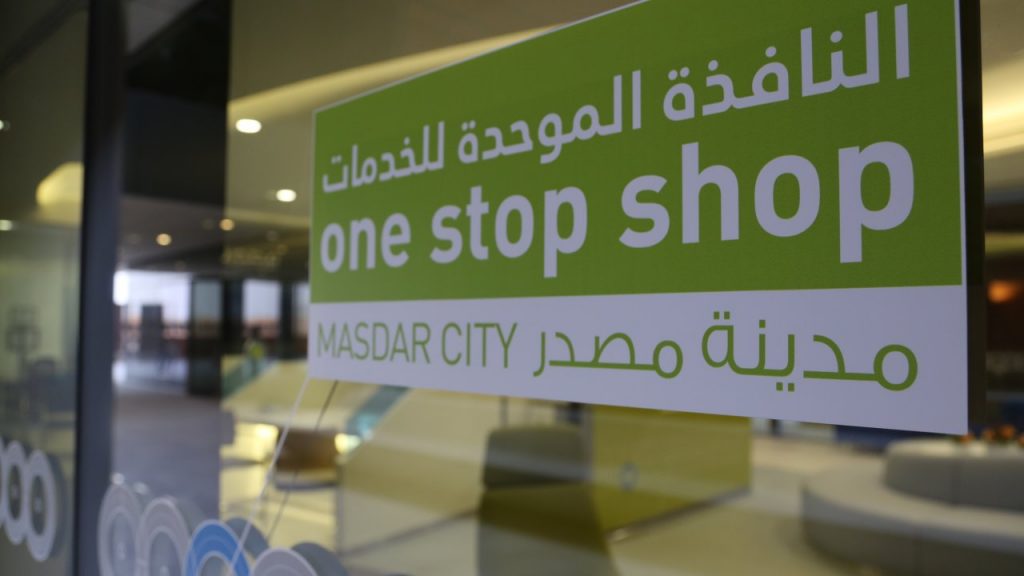São Paulo – Brazil and the Arab countries improved their position in the ranking on the ease of doing business of the World Bank (IBRD). The organization released this Wednesday (31) the report Doing Business 2019, which gauged 190 economies.
Brazil went from the 125th position in 2018’s ranking to the 109th this year. According to the World Bank, Brazil was the country that approved the highest number of reforms in Latin America between last year’s report and the current one. “Brazil led the reform agenda, with four reforms, a record in a single year for the country,” it says in a statement.
The survey assessed changes in the cities of São Paulo and Rio de Janeiro, Brazil’s two largest cities, and found that the establishing of online systems for company registration, licensing and job notification made the time to start a business drop from 82 to 20 days.
Improvements also occurred in the areas of credit access, international trade and power supply quality, the latter item specifically regarding São Paulo.
Latin America and the Caribbean countries approved 25 reforms last year to improve the ease of doing business to small and medium-size companies. Mexico is the best-place Latin American country in the ranking at the 54th position.
“It is encouraging to see the steady implementation of reforms in Latin America and the Caribbean, although many economies could benefit from an acceleration in the pace of the reform agenda,” said Santiago Croci Downes, Program Manager of the Doing Business Unit, in the statement.
Arabs
According to the IBRD, in the Middle East and North Africa, the number of reforms – 43 – was a record. The highlight is the United Arab Emirates (in the picture, the Abu Dhabi-based holding company Masdar), which, for the first time, was placed among the world’s top 20 economies in the 11th position. In 2018, the UAE came in at the 21st position.
The UAE eliminated tariffs on the connection of industrial and trade ventures to the power grid, and improved the online registration of businesses, the credit access and the transparency in real estate registration.
Another highlight among Arab nations was Djibouti, which came in among the top 10 economies with the highest number of reforms in the period. The country passed six reforms.
Meanwhile, Egypt approved five reforms and improved its position in the ranking from 128th to 120th. It was the highest number of reforms passed by the country in over a decade. The country adopted a type of streamlined service for starting a business, improved corporate transparency, improved credit access, simplified tax payments and facilitated the procedures for delinquency issues.
Jordan, Morocco, Saudi Arabia and Tunisia approved four reforms each. “The significant acceleration in the pace of reforms in the Middle East and North Africa is an encouraging demonstration of countries’ commitment to nurture entrepreneurship and enable private enterprise,” said Downes in the statement.
According to the World Bank, 128 economies, out of 314, passed reforms in the last year, a record number. The ranking’s top 10 are New Zealand, Singapore, Denmark, Hong Kong, South Korea, Georgia, Norway, United States, United Kingdom and Macedonia.
“The private sector is key to creating sustainable economic growth and ending poverty around the world,” said World Bank Group President Jim Yong Kim, in the statement.
Translated by Sérgio Kakitani




